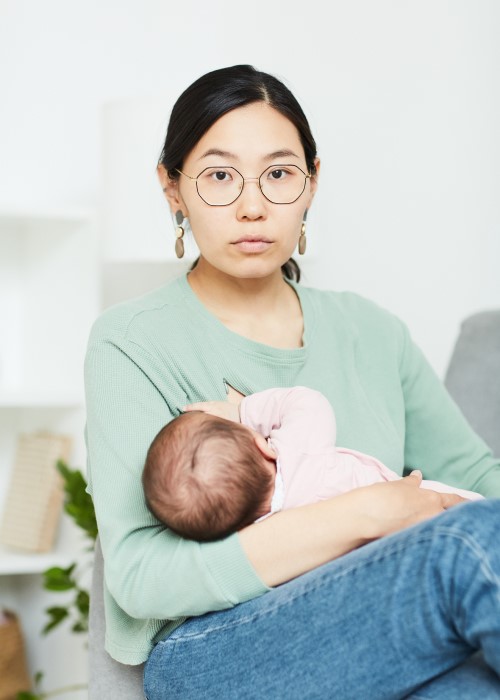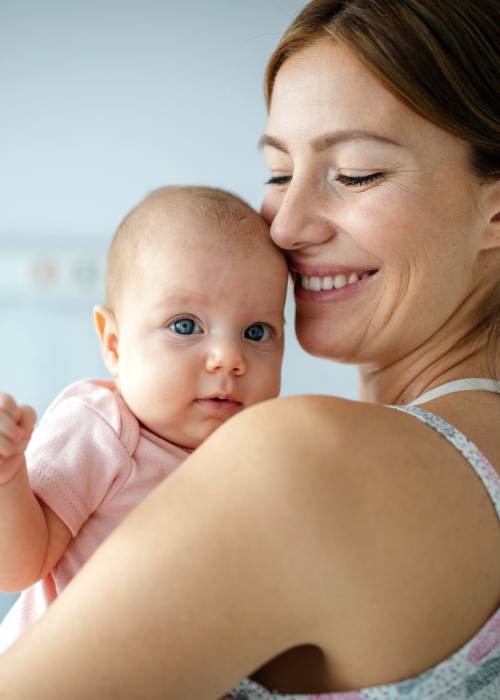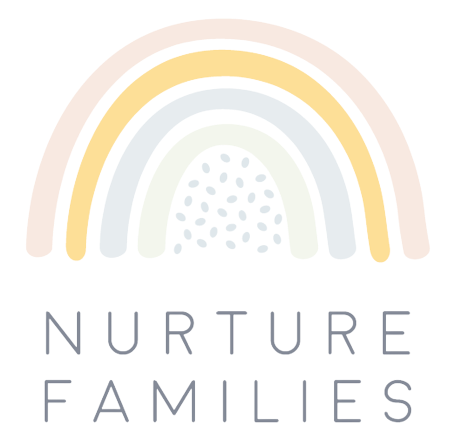We all want our children to grow up happy and healthy. We want our communities to be strong and supportive. And yet, regardless of our role, we feel that this is not happening. We see children not getting what they need. We see people struggling because of the systems around them. This disconnect is what drove us to make big changes in our organisation.
When we uplift the voice of children, parents and caregivers in our communities, we end up with solutions that are creative, impactful and resilient.
Here is how we used to work:
For us, listening to parents meant bringing community members in to give feedback, and then we’d go back to making decisions without their perspective included. We thought we were going to change the world! We followed the research and the programmes put forward by our local authority.
But there were lags and difficulties in engagement. It was frustrating and disheartening. We thought we’d done all this wonderful work with understanding needs, but it’s got us nowhere.
Then, a light bulb moment.
We had a community event that was driven by the parents. This was a community growing day, with families bringing their own plants and seeds. We provided the place for planting and sewing seeds, and side by side we started to grow a garden.
What if we could work in this way across our organisation, genuinely connecting and communicating with parents and doing the work together?
Here is how we work today:
Parents are very important to us. It’s hard to build services – it takes time and resources, and it’s important that they are best serving our communities. What is it that parents, families, children, caregivers, really want and need?
The only way to understand this is to have sustained engagement and involvement with families. We created a number of projects and processes that took us on a journey that ultimately sees us celebrate our families for offering their perspectives and insights.
From online community workshops, interviews, questionnaires, and in-person meetings we have moved forward with identified Parent Champions and programme development groups. Parents are part of our team, they are part of our recruitment process, they offer support to other parents, they have an active voice in how we deal with complaints, they tell us what’s working and what isn’t, they are actively part of the story of change here.
Through human-centered design processes, we have co-produced with our families new services and programmes for families.
On this journey together, we have identified a number of key areas for development:
Key Findings
Resources

Mothers Experiences

